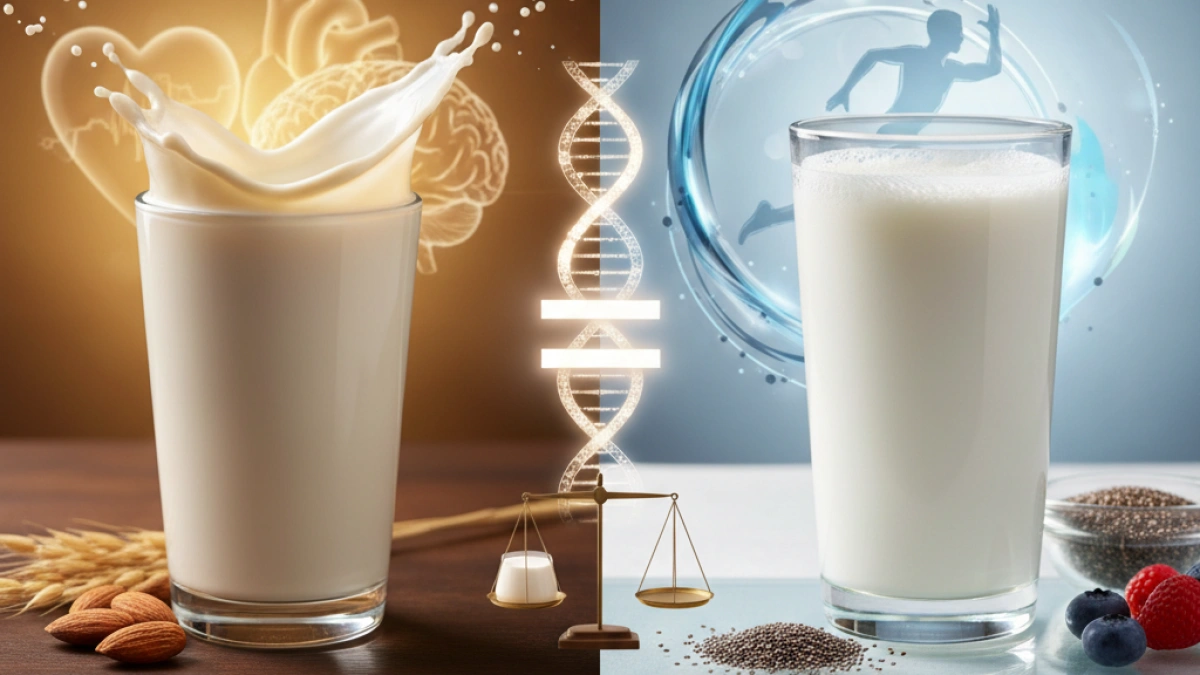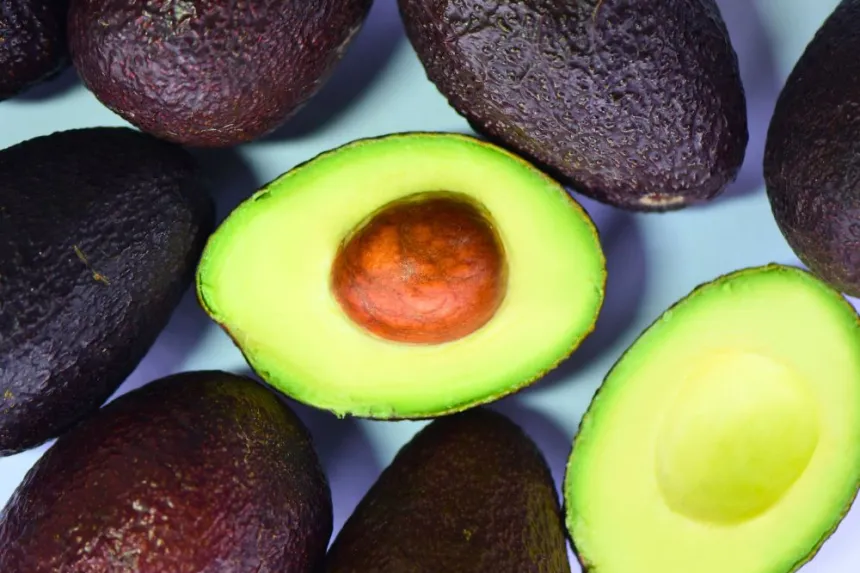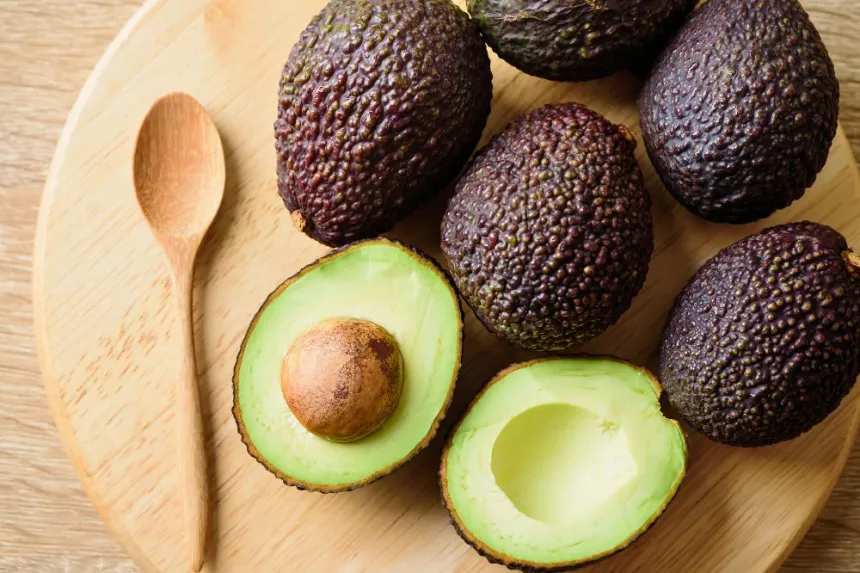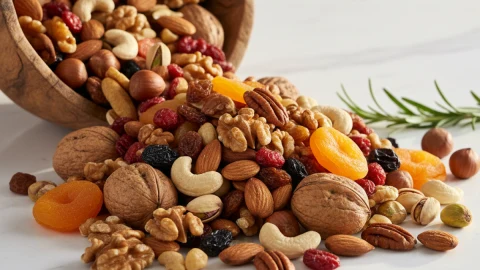Whole milk or skim milk: what science really says about your health

The choice between whole and skim milk has been a topic of debate for decades. Traditionally, low-fat dairy options have been recommended due to the supposed risks associated with the saturated fats found in whole milk. However, recent research has begun to question this convention, suggesting that the reality is more complex than previously thought.
Is Whole Milk Really Healthy?
Concerns against the consumption of whole milk began in the 1960s, when various international studies established a correlation between high intake of saturated fats and an increase in heart attack rates. Subsequent research confirmed that these fats could raise total cholesterol and LDL levels, known as "bad" cholesterol. This situation led to a shift in the food industry, where many people started substituting dairy fats with refined carbohydrates or sugars in products labeled as "light." The problem was that this substitution did not always result in health benefits.
In recent years, extensive cohort studies have followed hundreds of thousands of people over long periods, discovering that the consumption of dairy products, both whole and low-fat, does not significantly impact cardiovascular risk. This suggests that, in general, consuming milk, regardless of its fat content, does not notably increase or decrease the likelihood of having a heart attack or stroke.
However, this conclusion of "neutrality" should be nuanced. In these studies, dairy was compared with a mix of common foods in the American diet, which includes sugary beverages, processed meats, and refined cereals, none of which are considered especially healthy. Thus, the absence of greater risk does not imply that dairy products act as protectors against disease.
Read also
An analysis of over 200,000 American adults revealed that an increase in whole milk consumption was associated with a higher risk of cardiovascular and total mortality. On the other hand, replacing dairy with plant protein sources, such as nuts, legumes, or soy products, showed a decrease in risk, while a shift to red meat increased that risk.
What is the Best Option?
Walter Willett, a physician and professor of epidemiology and nutrition at Harvard University, argues that the focus should be on considering diet as a system of substitutions. The choice between whole or skim milk is less important than the foods that replace the calories being eliminated. Thus, opting for plant-based unsaturated fats, such as olive, canola, or soybean oil, seems to offer clear health benefits.
Willett also emphasizes the relevance of fermented dairy products, such as yogurt or certain types of cheese, which have shown more favorable effects in various studies. In any case, quantity is a crucial factor; consuming just one daily serving of whole dairy is likely to have minimal impact on cardiovascular health.
Read also
Beyond the Glass of Milk
The composition of whole milk includes about 3.25% fat; low-fat milk contains between 1% and 2%, while skim milk has only about 0.5%. Despite these differences, all varieties of milk provide essential nutrients, such as proteins, calcium, vitamins, and minerals. The main difference lies in the caloric content and the quality of the fat.
Therefore, instead of limiting oneself to the choice between whole or skim milk, science suggests adopting a broader perspective on the diet as a whole. Including a greater number of plant protein sources and healthy fats seems to be a more promising approach than simply increasing dairy consumption, regardless of type. For those seeking a direct alternative to cow's milk, slightly sweetened soy milk is one of the most scientifically supported options.
The complexity of cardiovascular health and human nutrition implies that each individual may have different needs. Thus, it is advisable to consider not only the choice of dairy products but also the full range of foods that make up the daily diet. In this context, understanding which foods would most benefit personal health can aid in making more informed decisions.
It is essential to remain open to the evidence that science reveals and to remember that moderation and quality are key when it comes to health and nutrition. If you would like to read more about this and other topics, feel free to visit my blog for more information.















































